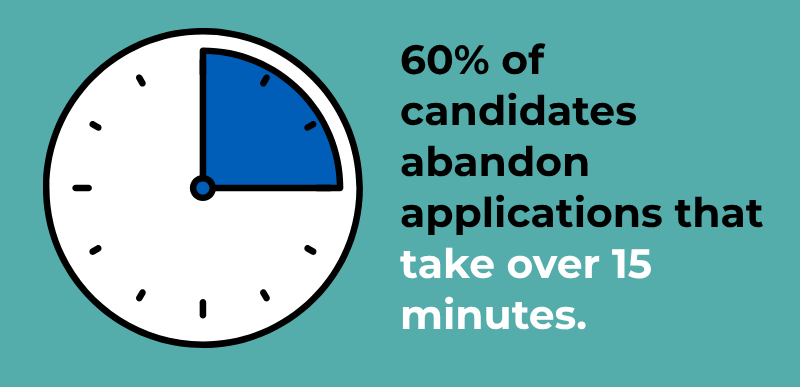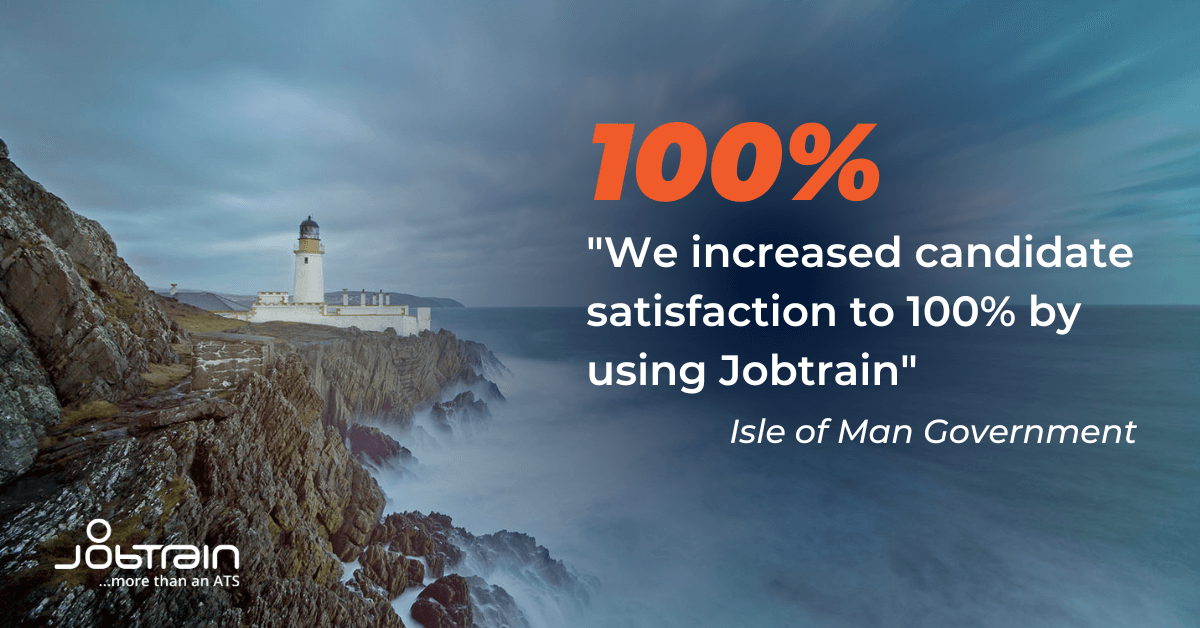We talk a lot about the candidate experience - how important it is, what a difference it makes and how essential it is to stand out in a competitive jobs market. But here's a question that gets to the heart of it: if you were applying for a role in your own NHS trust today, would you stick with the process?
Chances are, the honest answer might be no.
It's easy to forget how small frustrations can snowball into drop-outs. And for the NHS, where demand for clinical staff far exceeds supply, that's a risk you can't afford to ignore. Our new whitepaper, Transforming Recruitment in the NHS, takes a detailed look at this issue – and what can be done to tackle it.
Without going into a lot of detail here (you can download the full whitepaper for free here), here's a glimpse into what we explore in the guide – and why a better candidate experience could be the key to recruiting more effectively, more efficiently and more fairly.
👉 Download the full whitepaper below to explore all six steps to NHS recruitment transformation.
It's not them. It's us.
Let's start with the basics. It's often assumed that poor candidate experiences are a symptom of unrealistic expectations, generational preferences or 'flaky' behaviours. But when you strip it back, the issue is far simpler: many of the systems and processes used across the NHS just don't meet modern candidates and their expectations.

For example, if the journey to apply for a role requires multiple logins, long forms and clunky systems that don't work on a mobile, we shouldn't be surprised when completion rates plummet.
In fact, our research found that 60% of candidates won't complete an application if it takes longer than 15 minutes. And that's not just hearsay - this insight comes from over 5,000 real applicants.
So, what can you do differently? That's where our whitepaper begins to offer a real roadmap for change.
Want to see the data and the details? Download the whitepaper here.
What does good look like?
Rather than starting with theoretical models or wishful thinking, the guide leans into real examples from across the NHS, wider public sector, charities and commercial organisations. For example, a simple shift to a two-stage application process (piloted with the Isle of Man Government) resulted in a 100% candidate satisfaction rate within three months.

As well as being a metric to be proud of - it's the kind of outcome that actively reduces recruitment costs and time-to-hire.
And let's be honest: when recruiting clinical staff, every day saved can have a real impact on service delivery and the money spent on agency staff.
Explore how tactics like a two-stage process can transform your trust's hiring outcomes - read more in the full whitepaper.
Candidate experience is just one part of the puzzle
While candidate experience is a standout topic (and the section that's generating a lot of feedback already), it's far from the only piece in the transformation jigsaw.
The whitepaper also dives into:
-
Technology: Is your recruitment tech helping or hindering you? The guide outlines how outdated platforms can block progress and what to look for in a more agile solution.
-
Data: Because if you can't measure it, you can't improve it. Discover how some trusts are now reporting in seconds, not weeks.
-
Onboarding: Shockingly, for some trusts, onboarding is now taking longer than hiring. What would it look like if you could cut that time in half?
-
Collaboration: By working regionally or adopting shared service models, trusts are unlocking new levels of scale and consistency with the help of others.
-
Efficiency: We wrap up with case studies showing how real organisations have cut agency fees, accelerated DBS checks and reduced time-to-hire.
It's not just about applying faster – it's about transforming the whole journey.
[Get the full guide now].
Why it matters more than ever
We all know the pressures facing the NHS - growing demand, limited budgets and the ever-present drive to do more with less. But recruitment has a unique role to play here. Done right, it doesn't just fill vacancies. It reduces agency reliance, improves patient care and boosts morale for stretched clinical teams.
Transformation isn't about tweaking at the edges. It's about rethinking how recruitment works from the ground up - with the candidate experience as a central pillar.
If you're ready to see what that looks like in practice, we've laid out the path in our guide.
Download the whitepaper: Transforming Recruitment in the NHS
Six steps to a better, faster, more human hiring experience.